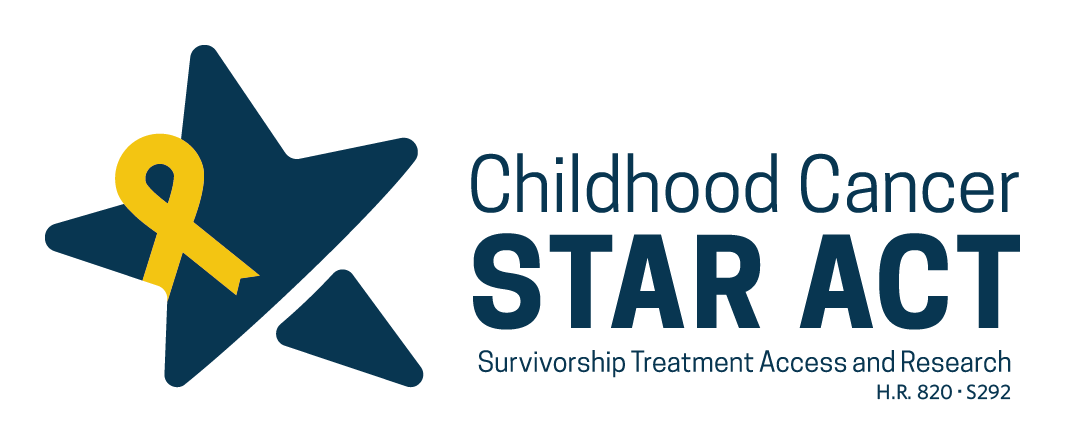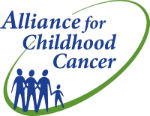
House Sponsors: Representatives Michael McCaul (R-TX), Jackie Speier (D-CA), Mike Kelly (R-PA), G.K. Butterfield (D-NC)
Senate Sponsors: Senators Jack Reed (D-RI), Shelly Moore Capito (R-WV), Chris Van Hollen (D-MD), Johnny Isakson (R-GA)
The Childhood Cancer Survivorship, Treatment, Access, and Research (STAR) Act is the most comprehensive childhood cancer bill ever taken up by Congress. It would expand opportunities for childhood cancer research, improve efforts to identify and track childhood cancer incidences and enhance the quality of life for childhood cancer survivors.
Expanding Opportunities for Childhood Cancer Research: Due to the relatively small population of children with cancer and the geographic distance between these children, researching childhood cancer can be challenging. As such, the Childhood Cancer STAR Act would authorize the National Cancer Institute (NCI) to expand existing efforts to collect biospecimens for childhood cancer patients enrolled in NCIsponsored clinical trials to collect and maintain relevant clinical, biological, and demographic information on all children, adolescents, and young adults with cancer.
Improving Childhood Cancer Surveillance: Building upon previous efforts, this bill would authorize grants to state cancer registries to identify and track incidences of child, adolescent, and young adult cancer. This funding would be used to identify and train reporters of childhood cancer cases, secure infrastructure to ensure early reporting and capture of child cancer incidences, and support the collection of cases into a national childhood cancer registry.
Improving Quality of Life for Childhood Cancer Survivors: Unfortunately, even after beating cancer, as many as two-thirds of survivors suffer from late effects of their disease or treatment, including secondary cancers and organ damage. This legislation would enhance research on the late effects of childhood cancers, including a study on insurance coverage and payment of care for childhood cancer survivors; improve collaboration among providers so that doctors are better able to care for this population as they age; and establish a new pilot program to begin to explore innovative models of care for childhood cancer survivors.
Ensuring Pediatric Expertise at the National Institutes of Health (NIH): The Childhood Cancer STAR Act would require the inclusion of at least one pediatric oncologist on the National Cancer Advisory Board and would improve childhood health reporting requirements to include pediatric cancer.
For more information about the Childhood Cancer STAR Act, please contact:
H.R. 820: Thomas.Rice@mail.house.gov with Rep. McCaul, or Molly.Fishman@mail.house.gov with Rep. Speier.
S. 292: Jill_Brimmer@reed.senate.gov with Sen. Reed or Dana_Richter@capito.senate.gov with Sen. Capito.
Follow the progress of the STAR Act at Congress.gov


